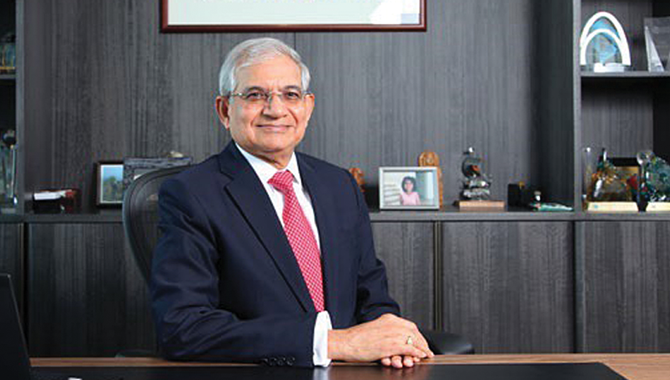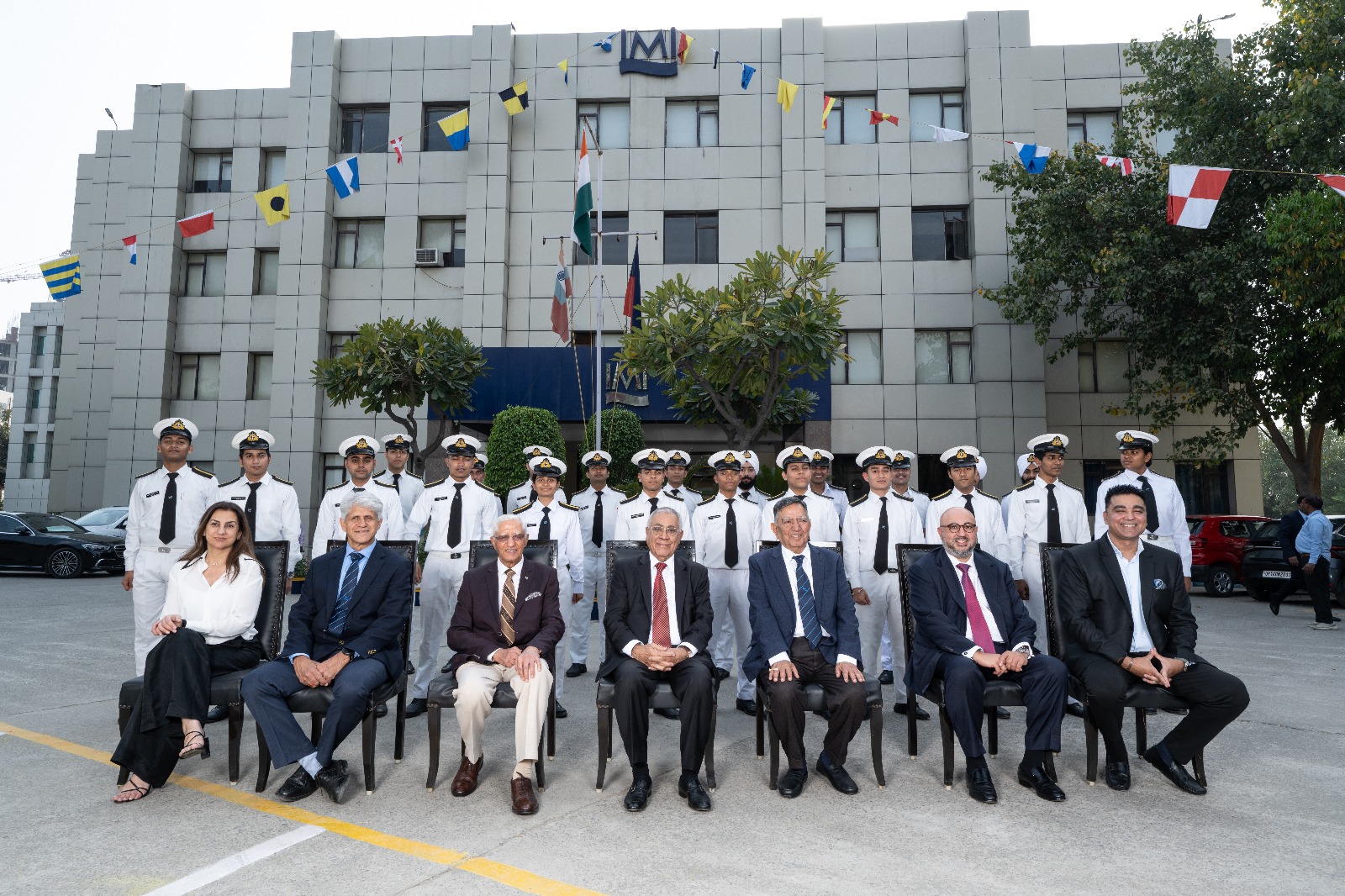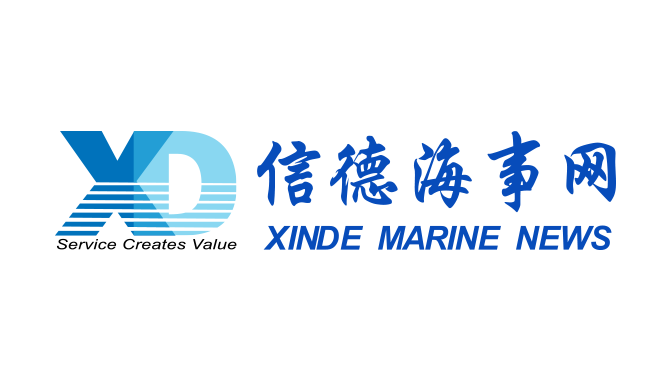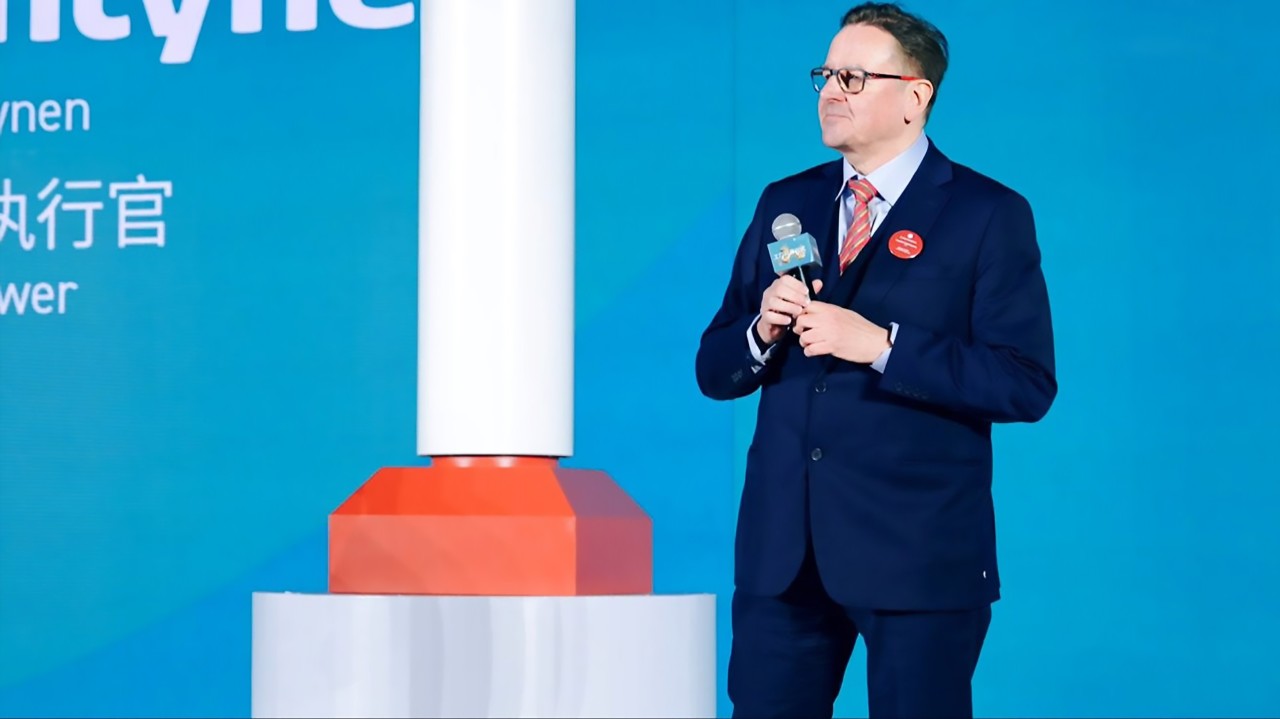
Fleet Management’s managing director has set in place the foundations for a world-leading shipmanager. His successor must build around the pillars of safety and quality asset management.
ANY assessment of Fleet Management’s position must begin with managing director Kishore Rajvanshy, the founding father. He has dedicated an extraordinary level of commitment over an entire generation.
Mr Rajvanshy has been at the helm of Fleet Management ever since he stepped away from Univan and joined Harry Banga, then at Noble Group. Mr Banga had some ships he needed managing, and Mr Rajvanshy was a manager in need of a fresh challenge.
As a chief engineer on Shipping Corporation of India ships, Mr Rajvanshy learnt the value of ‘safety first’. As technical manager and second-in-command to Charles Vanderperre at Univan, he learnt the value of commitment. And as managing director of his own venture, he has learnt that the customer is always king.
The family Mr Rajvanshy has built exudes safety, commitment, and a customer-centric attitude that has found favour with shipowners across the Asia Pacific region and, increasingly, further afield.
He believes the best business decision he ever made was to launch Fleet’s own crewing and personnel department two years after the company was set up. Initially, a crew agency was contracted but, he says, “the quality of your human capital is a leading indicator of the quality of your company.” With its own crewing resource, Fleet has been able to recruit, train, and mentor seafarers, and retain them at a level of loyalty few can match.
Mr Rajvanshy is a leader. He inspires his teams, he motivates, he maintains an eagle eye to make sure there are no compromises, he regularly meets seafarers and customers, and he demands loyalty.
Mr Rajvanshy is both the outward face of Fleet Management and its internal conscience. Even so, there are still lessons to be learnt. “You can encourage staff to take on extra duties and work harder,” he observes, “but there’s a point at which it becomes counter-productive.”
He sees his role as, firstly, setting the direction of the company and, secondly, succession planning. Perhaps he takes greatest pride in the fact that, unlike competitor shipmanagers, Fleet Management’s expansion has come through organic growth. An initial contact might come through a request for newbuilding supervision, which leads to a contract to manage the ship on delivery, which in turn leads to the awarding of a couple of existing ships. This could expand further to include ships of a different type or size.
Mr Rajvanshy acknowledges that the key to quality ship management is managing resources. He rewards loyalty and commitment at sea with the offer of the role of superintendent within one of the technical groups. In time, this could lead to promotion as Technical Manager, or even further to Technical Director. The rapid enlargement of Fleet’s portfolio from 350 ships on Fleet Management’s 20th anniversary to about 520 ships today — almost the only time ships are retired from the fleet is when they are sold — means there is a steady flow of trained and experienced managers up the ladder.
Succession planning
While he has become comfortable with his role as direction-setter, Mr Rajvanshy is acutely aware that this ‘family’ has taken on a life of its own. Whereas once Fleet Management was Kishore Rajvanshy’s business, the time has come for some thoughtful succession planning. Mr Rajvanshy is driving that strategy, too.
“We have been in talks with external consultants for about a year about restructuring Fleet Management. These discussions will be concluded by the end of 2019. We’re reviewing strategy — should it be flat or layered.” Selecting the shortlist of candidates for a new managing director is also part of his role, so his own assessment of the future of ship management is worthy of consideration.
“In 2018, 50,000 or 55,000 merchant ships carried 11 billion tonnes of cargo. The value of the fleet is about $195bn, so there will always be demand for shipping,” he asserts. “You have to look for where the next iteration of growth will come from.”
The focus will remain on quality and safety, with an increasing emphasis on digitalisation. Fleet Management is gathering vessel performance data and will work with customers to make it practically useful. A large client has agreed to a vessel being fitted with sensors, which are live-streaming data to the Technology and Analytics team in Hong Kong. Other customers are exploring this opportunity, and there might be marketable products as a result.
“In 10 years’ time, there will be smaller crews and their role will be basic maintenance. With live-streaming of data,” he forecasts, “analysts from the main engine companies will be telling the engineers what to do.”
The next managing director will steer a different course, although the discipline and values with which Mr Rajvanshy has built his ‘family’ must remain the anchor.
Source:Lloyd's List
The opinions expressed herein are the author's and not necessarily those of The Xinde Marine News.
Please Contact Us at:
admin@xindemarine.com


 Dr. Harry S. Banga and Mr. Angad Banga of The Carav
Dr. Harry S. Banga and Mr. Angad Banga of The Carav  Liberian Registry Welcomes Kyle Hurst as Senior Vic
Liberian Registry Welcomes Kyle Hurst as Senior Vic  KATALIST: Accelerating Green Shipping through Innov
KATALIST: Accelerating Green Shipping through Innov  Revealing the risks: digital solutions for complian
Revealing the risks: digital solutions for complian  Beibu Gulf Port Chairman Zhou Shaobo Passes Away at
Beibu Gulf Port Chairman Zhou Shaobo Passes Away at  Exclusive Interview with Norsepower CEO: Bringing S
Exclusive Interview with Norsepower CEO: Bringing S